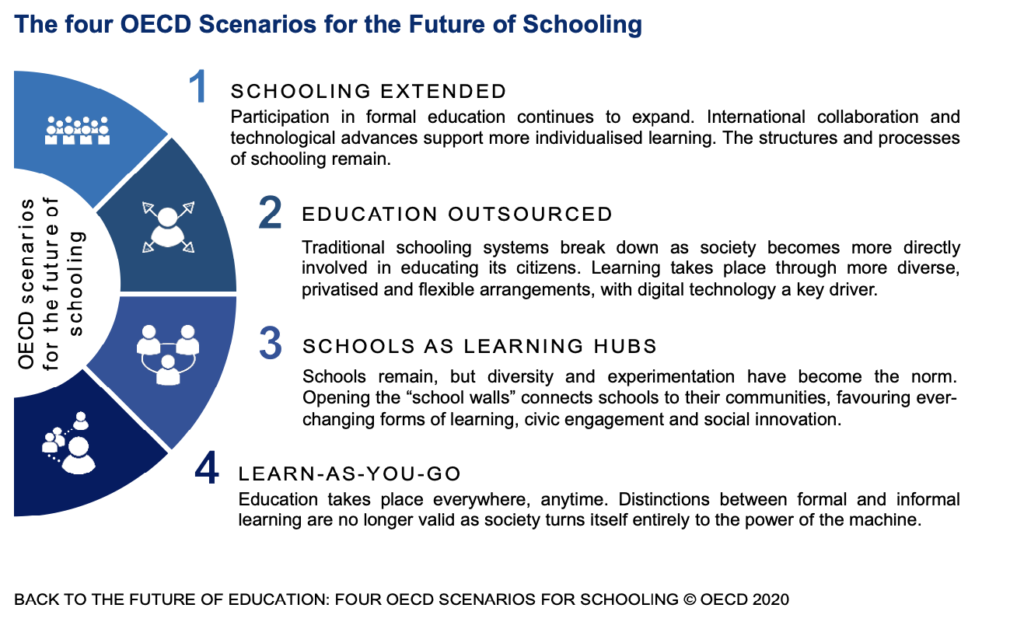Οικολογίες μάθησης
Green Learning Ecology refers to the development of a learning ecosystem that integrates environmental education with real-world, out-of-school learning experiences. It emphasizes the connections between formal education and informal learning settings, involving a wide range of stakeholders including educators, students, scientists, policy experts, and community members (Sotiriou et. al., 2024).
This approach aims to foster a deeper understanding of environmental issues, promote sustainability citizenship, and support the development of resilient social-ecological systems. By drawing on socio-cultural learning theory and frameworks from ecological research, Green Learning Ecology seeks to create a learning ecosystem that encourages active engagement with environmental challenges, facilitates the building of social capital, enhances ecosystem services, and prepares individuals for future opportunities in personal, academic, professional, and civic realms.
The concept is fully in line with the OECD landmark report Back to the Future of Education: Four Scenarios for Schooling (OECD, 2020) to support long-term strategic thinking in education. The document proposes the re-organisation of formal and informal learning environments, and remaining education content and delivery. Green Learning Ecologies supports this re-organisation of the learning environments, focusing on Schools as Learning Hubs and Learning-as-you-go OECD scenarios for the future of schooling.

For more information on Learning Ecologies please refer to the Inspiring Practices in the SYNAPSES Portal.
Αναφορές:
1 Σχόλιο
Υποβολή Σχολίου
Για να σχολιάσετε πρέπει να συνδεθείτε.


The idea of Green Learning Ecology really resonates with me because it recognizes that learning should not be confined within the walls of a school but should expand into real-life experiences and diverse contexts of everyday life. I believe it is essential that environmental education is lived in practice, where students can truly connect with the environment and understand the impact of their actions.
Moreover, valuing the participation of different actors — from teachers and students to scientists and community members — reinforces the idea that sustainability is a collective responsibility. This creates a rich space for dialogue and joint problem-solving.
I also appreciate the alignment with OECD proposals that promote reorganizing the education system to make it more flexible and connected to reality. Seeing schools as learning hubs that integrate formal and informal education is a vision I consider essential for preparing citizens capable of facing environmental challenges critically and responsibly.
In summary, I believe this approach offers a very promising path to transform education and foster sustainable citizenship, making the learning process more dynamic, inclusive, and aligned with the needs of today’s world.